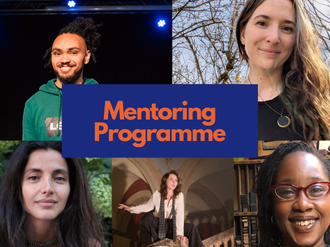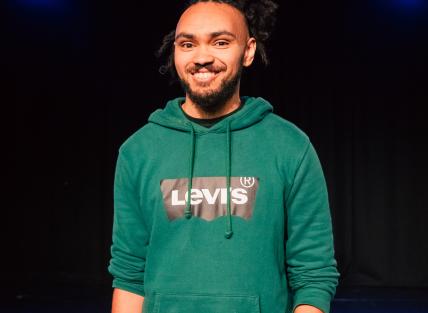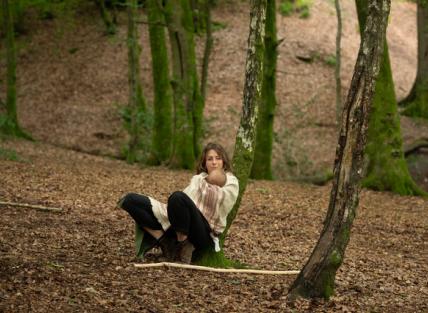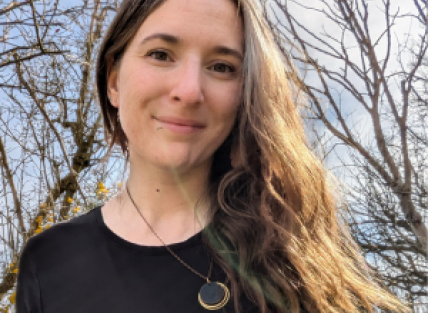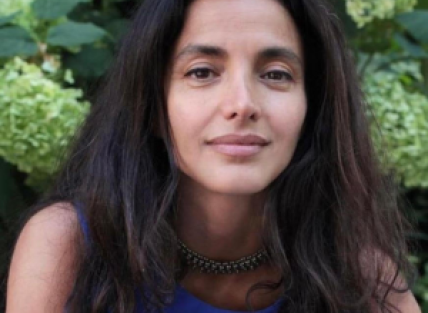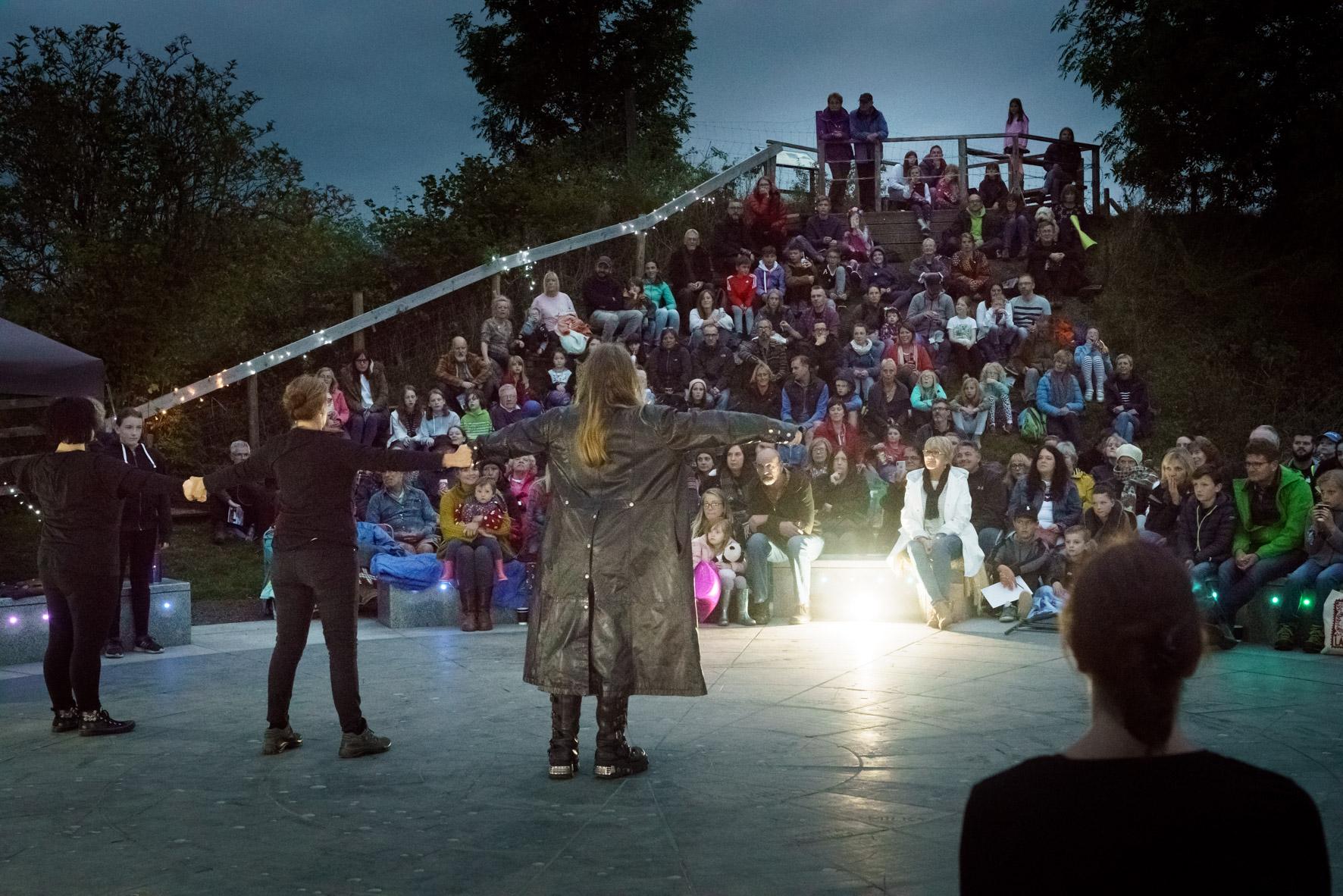Adverse Camber – Pathways Mentoring Scheme
Thanks to funding from The Foyle Foundation and the Garrick Charitable Trust, we are supporting 5 mentees between March and September 2025.
The aim of our Storytelling Pathways project is to work with partners, the sector, and underrepresented voices in storytelling to ensure we have a strong sector in England for the future.
Following a national call out, we received 85 applications for 5 places on this mentoring scheme. We will be supporting the mentees in a process which will be tailored to their particular needs and goals. Find out more about the mentees and what they are looking to develop below.
The quality and strength of applications we received demonstrates a clear need for more mentoring to be available for storytellers. The call out introduced us to many artists who were previously not on our radar, we received applications from artists at various stages of development, with most at early or mid-career stages and we recognise the benefits of mentoring at all stages of career progression.
Storytelling Pathways is supported using public funding by Arts Council England and the National Lottery.
